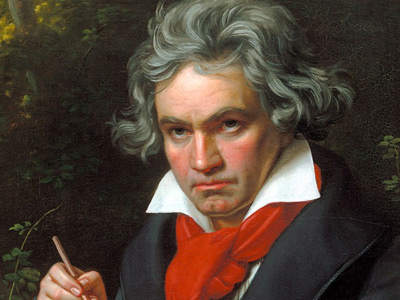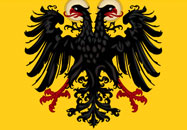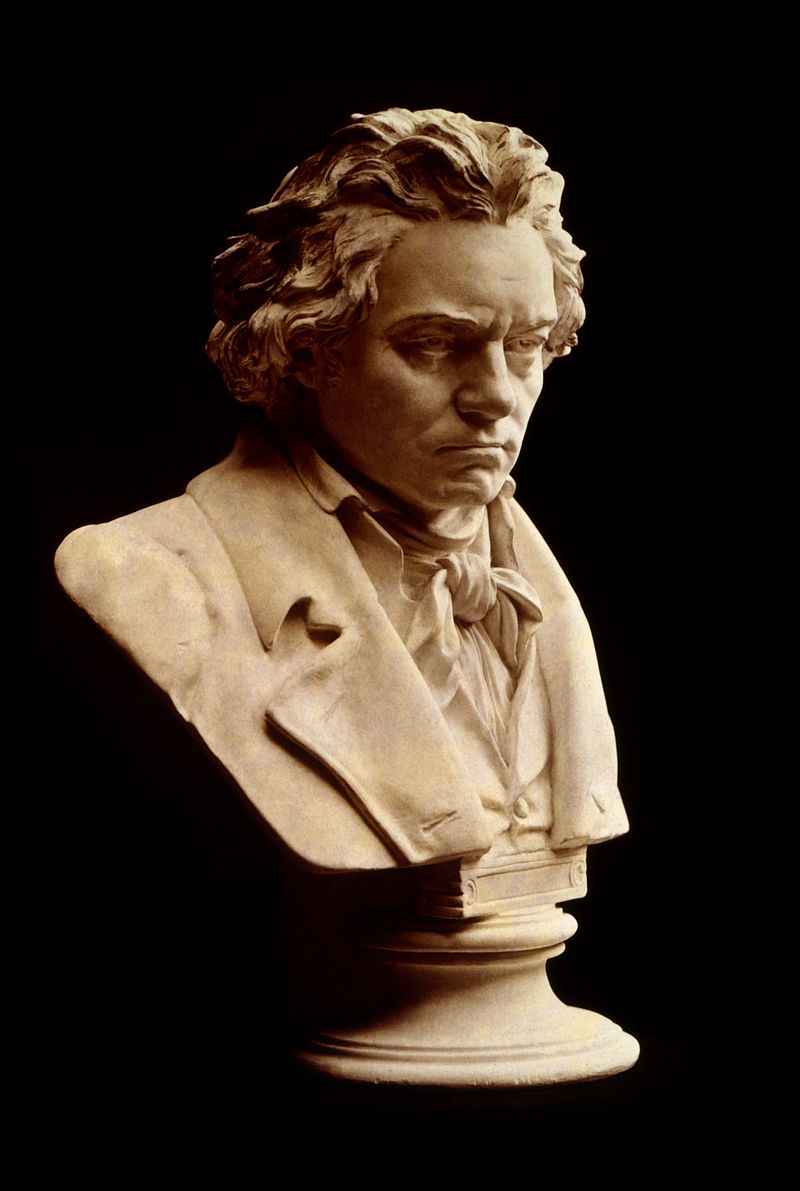Ludwig van Beethoven (1770-1827)
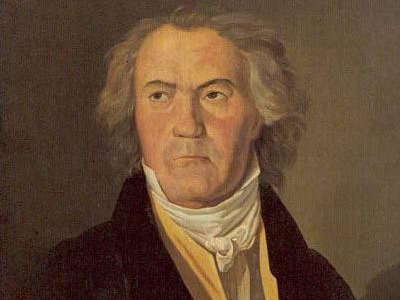
Custody Struggle and Illness
Between 1815 and 1817 Beethoven's output dropped again. Beethoven attributed part of this to a lengthy illness (he called it an "inflammatory fever") that afflicted him for more than a year, starting in October 1816. Biographers have speculated on a variety of other reasons that also contributed to the decline, including the difficulties in the personal lives of his would-be paramours and the harsh censorship policies of the Austrian Austrian Empire was a Central-Eastern European and multinational great power from 1804 to 1867, created by proclamation out of the realms of the Habsburgs. During its existence, it was the third most populous monarchy in Europe after the Russian Empire and the United Kingdom. Along with Prussia, it was one of the two major powers of the German Confederation. The empire was proclaimed by Francis II in 1804 in response to Napoleon's declaration of the First French Empire. government. The illness and death of his brother Kaspar from tuberculosis may also have played a role.
Austrian Empire was a Central-Eastern European and multinational great power from 1804 to 1867, created by proclamation out of the realms of the Habsburgs. During its existence, it was the third most populous monarchy in Europe after the Russian Empire and the United Kingdom. Along with Prussia, it was one of the two major powers of the German Confederation. The empire was proclaimed by Francis II in 1804 in response to Napoleon's declaration of the First French Empire. government. The illness and death of his brother Kaspar from tuberculosis may also have played a role.
Kaspar had been ill for some time, and Beethoven spent a small fortune in 1815 on his care. After Kaspar died on 15 November 1815, Beethoven immediately became embroiled in a protracted legal dispute with Kaspar's wife Johanna over custody of their son Karl (de), then nine years old. Beethoven, who considered Johanna an unfit parent because of her morals (she had an illegitimate child by a different father before marrying Kaspar and had been convicted of theft) and financial management, had successfully applied to Kaspar to have himself named sole guardian of the boy. A late codicil to Kaspar's will gave him and Johanna joint guardianship. While Beethoven was successful at having his nephew removed from her custody in February 1816, the case was not fully resolved until 1820, and he was frequently preoccupied by the demands of the litigation and seeing to the welfare of Karl, whom he first placed in a private school.
The Austrian court system had one court for the nobility and members of the Landtafel, the Landrechte, and many other courts for commoners, among them the Civil Court of the Vienna Magistrate. Beethoven disguised the fact that the Dutch "van" in his name did not denote nobility as does the German "von" and his case was tried in the Landrechte. Owing to his influence with the court, Beethoven felt assured of the favourable outcome of being awarded sole guardianship. While giving evidence to the Landrechte, however, Beethoven was unable to prove being of noble birth and as a consequence, on 18 December 1818 the case was transferred to the Magistracy, where he lost sole guardianship.
Beethoven appealed and regained custody. Johanna's appeal to the Emperor was not successful: the Emperor "washed his hands of the matter." During the years of custody that followed, Beethoven attempted to ensure that Karl lived to the highest moral standards. Beethoven had an overbearing manner and frequently interfered in his nephew's life. Karl attempted suicide on 31 July 1826 by shooting himself in the head. He survived and was brought to his mother's house, where he recuperated. He and Beethoven were reconciled, but Karl insisted on joining the army and last saw Beethoven in January 1827.
HISTORY
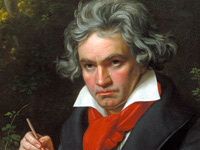
RESOURCES
This article uses material from the Wikipedia article "Ludwig van Beethoven (1770-1827)", which is released under the Creative Commons Attribution-Share-Alike License 3.0.
© Stories Preschool. All Rights Reserved.
